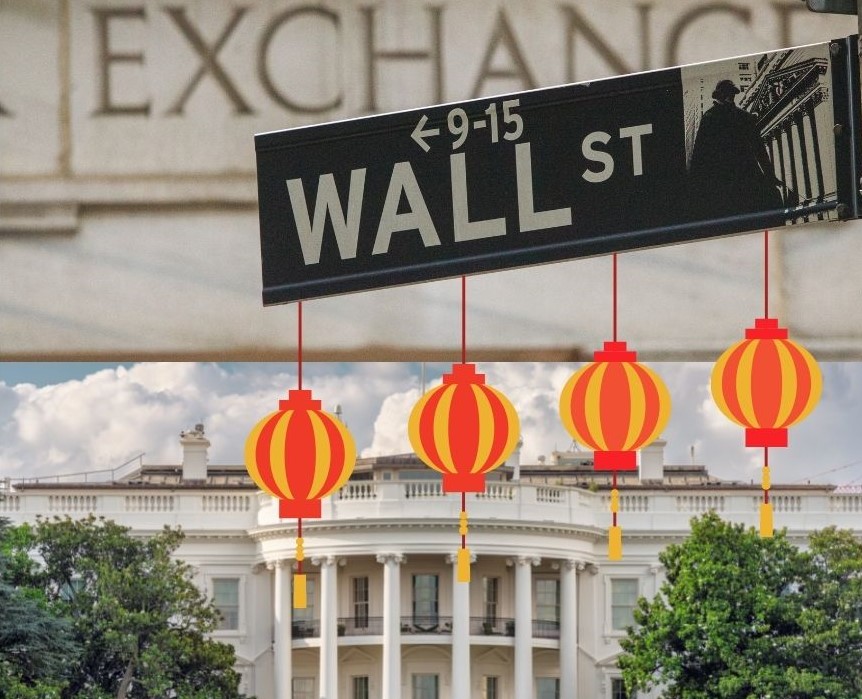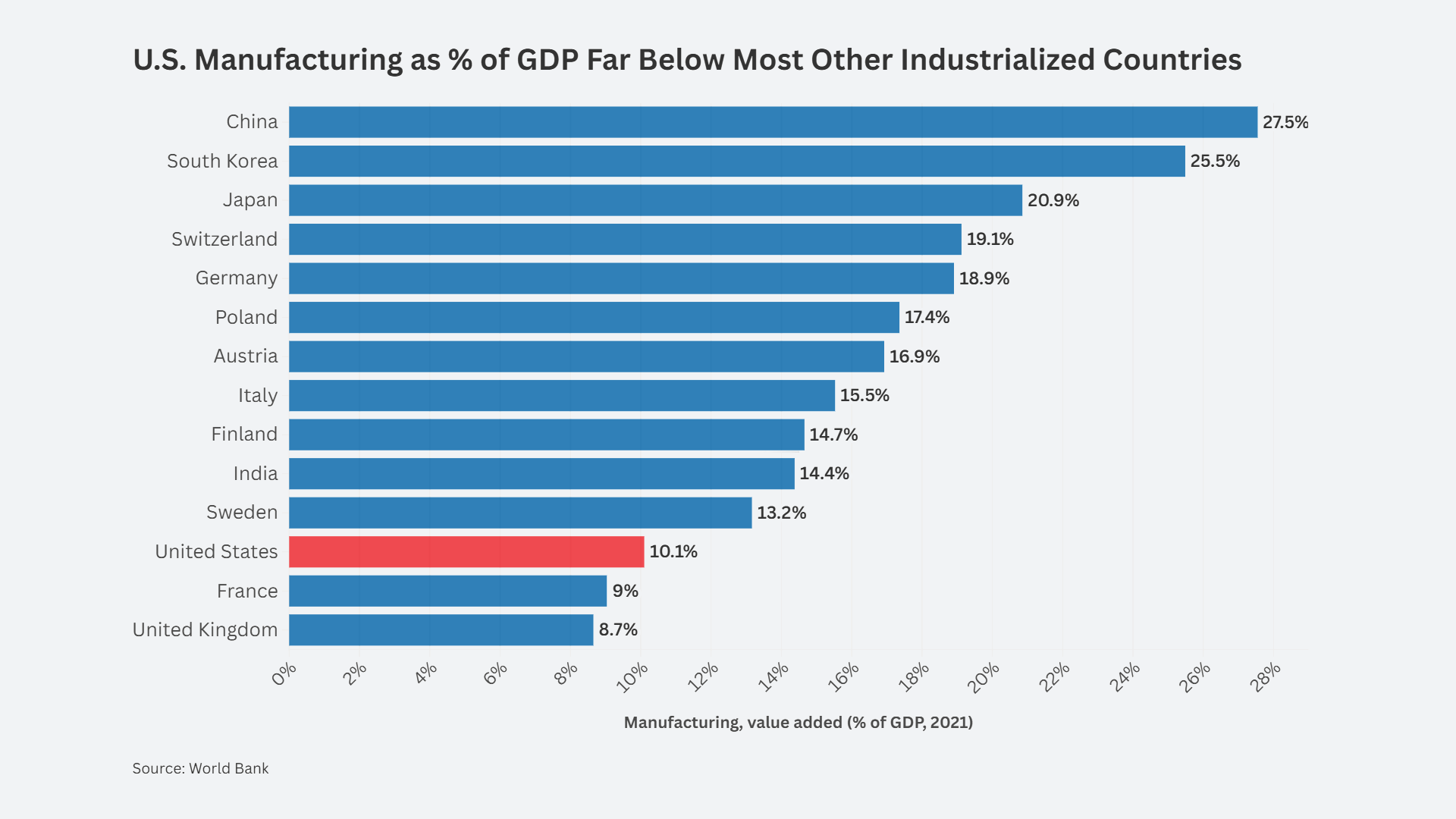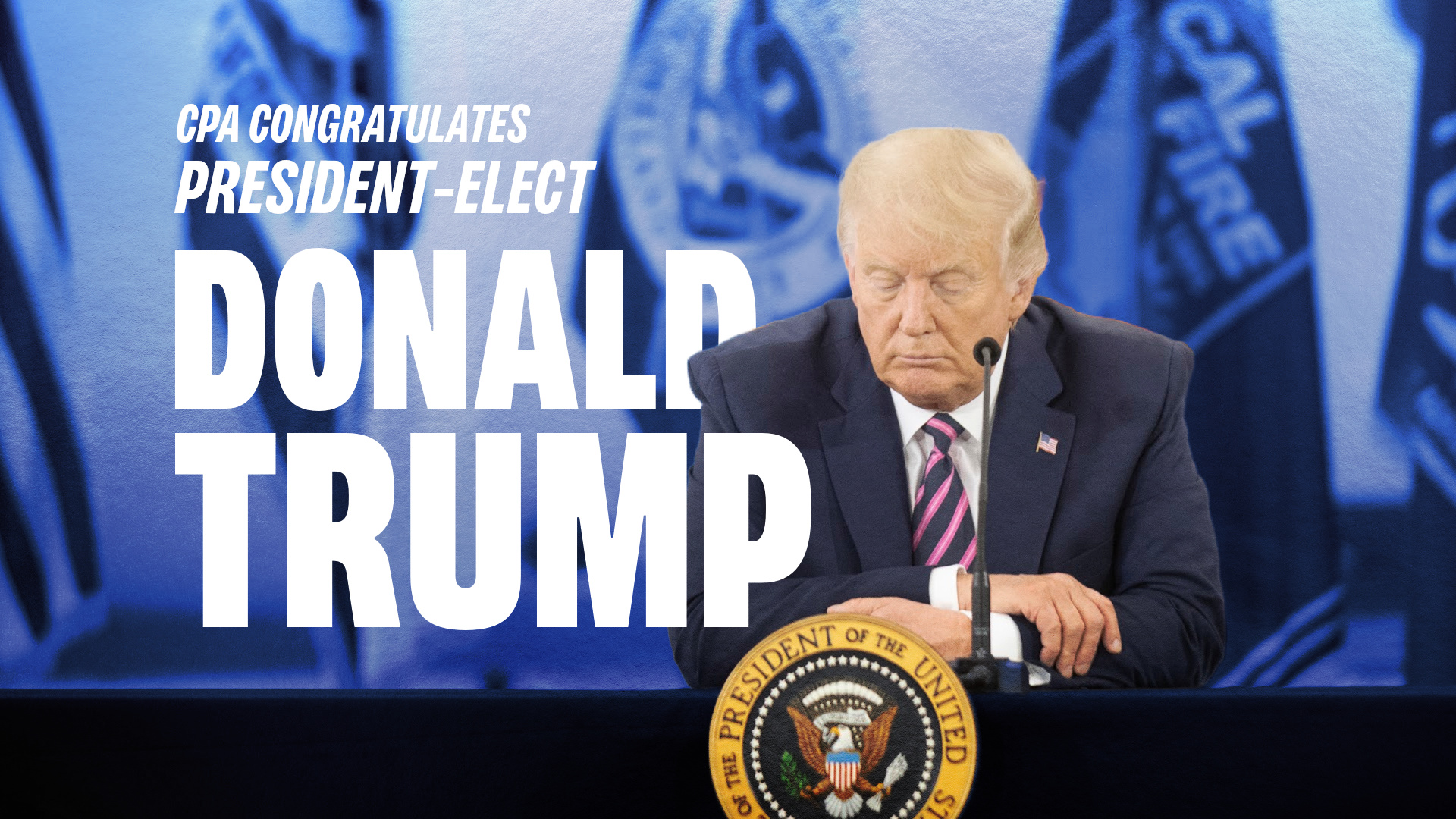When National Security Advisor Jake Sullivan said “more restrictions are coming” against Chinese companies, he wasn’t joking. On Friday, the Commerce Department added 22 new Chinese companies to the Entity List, including one individual, based on what was published today in the Federal Register. Being placed on the Entity List means a U.S. company cannot sell products to them unless granted a license to do so.
One of the 14 companies added due to human rights violations in Xinjiang, Suzhou Keda Technology, a video surveillance equipment maker, also had its offices in The Netherlands, Turkey, Pakistan, Singapore, and South Korea that was also barred from selling to U.S. firms without permission of the Commerce Department.
Austin-based Dimensional Fund Advisors has a small position of roughly $700,000 in Suzhou.
Fourteen of the 22 newest editions were added due to their work as suppliers of surveillance and other equipment used in the large detention centers holding Uyghur Muslims in captivity. Beijing says it is a necessary part of its domestic war on terrorism. The U.S. and other European nations refer to it as genocide.
“The Department of Commerce remains firmly committed to taking strong, decisive action to target entities that are enabling human rights abuses in Xinjiang or that use U.S. technology to fuel China’s destabilizing military modernization efforts,” Commerce Secretary Gina Raimondo said in a statement.
One company, Wuhan Raycus Fiber Laser Technology, was added for “potentially (being) involved in the procurement of U.S.-origin items for unauthorized military end-use.”
BlackRock, Vanguard, and other mutual fund portfolios are investors in Wuhan Raycus.
Most companies added to the list are not publicly traded.
China Academy of Electronics and Information Technology, a big R&D firm that does military research on things like “suicide drones” (think kamikaze drones), is owned by the China Electronics Technology Group Corporation (CETG), a publicly-traded company sanctioned in January 2020.
Wall Street firms were banned from owning CETG stocks in China as of January 11.
But the Academy still has staff members in California, apparently.
Another newcomer to the list, computer electronics exporter Hangzhou Hualan Microelectronics, was added on national security grounds. Commerce’s Bureau of Industry and Security said it determined that Hangzhou and four other companies were “acquiring and are attempting to acquire U.S.-origin items in support of military modernization for the People’s Liberation Army.”
According to supply chain intelligence firm, Panjiva, Hangzhou’s number one market is the United States. The other two markets – Hong Kong and Taiwan — are likely stop-overs or part of the computer equipment supply chain for the U.S., European and Japanese markets.
“The Biden administration continues to move in the right direction on China, as the President said he would and as Jake Sullivan noted after the G7 meeting in Europe. However, the White House needs to also prevent Wall Street firms from funneling American investment to these entities by adding them to a Treasury Department capital sanctions list and prevent them from buying these stocks in Shanghai and Shenzhen,” said CPA CEO Michael Stumo.













